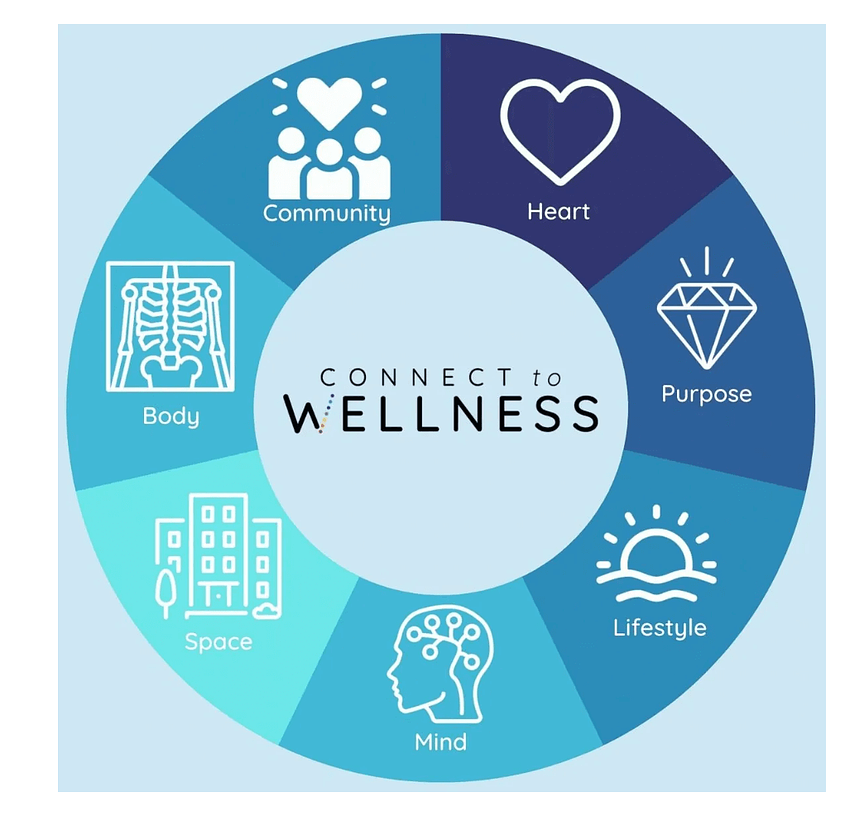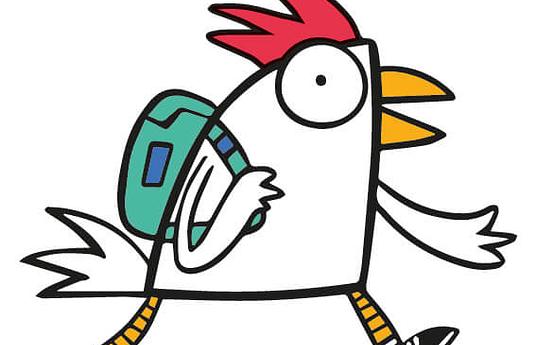Educators experienced individual and collective trauma dealing with challenges they faced in schools during the COVID-19 pandemic, both for themselves and for their students. Many of these challenges already existed, but were exacerbated by the additional social, emotional, and financial hardships the pandemic brought to schools, communities and families.
As an innovation, Connect to Wellness, understands that for our children to be well, the adults who care for and educate them must also be well. It provides additional options for educators to learn about tools and strategies for decreasing stress, improving the quality of relationships, and practicing self-care through personalized pathways for educators to focus on any of the following elements of their well being journey:
Personal well being
Workplace well being
Classroom/Student well being
Whether it is through opting for professional learning, learning collaboratives, book study groups, or 1:1 coaching, school districts can customize the approach that best fits their employees’ needs. All sessions are offered virtually or in person and are open to certificated and classified staff depending on each district’s logistics.
In our initial pilots, we made sure to include all staff in our workshops, not only administrators and teachers, but staff from other departments (transportation, food services, business office, etc.) have been a part of it. This is significant since individuals from these departments report that they haven’t experienced professional development like this, and it isn’t only changing their professional environments, but also making a difference within their families and communities.
In the next 2-3 years we plan to (1) continue the work in the current districts receiving support; (2) add new districts each year; and (3) focus on an assessment reporting system to determine the vast impact on administrators, teachers, and district staff.
While most school districts offer options for employee mental health support, professional learning opportunities for educators and leaders have traditionally focused on supporting the well being of students and less on supporting the employee and workplace well being.
Leaders who are interested in having a focus on workplace wellbeing should contact us at: www.educatorscoop.com



